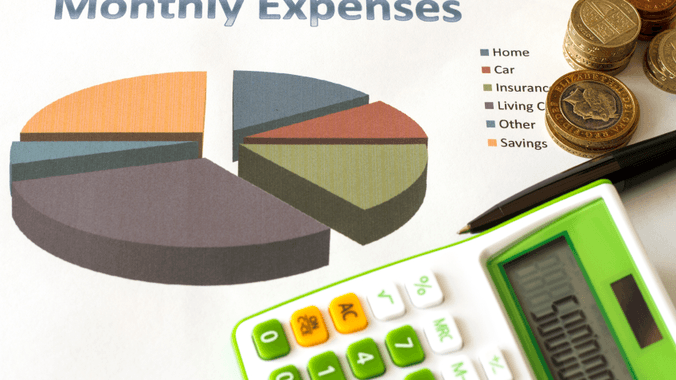Once you have decided that the best trading option for the current stage of your contracting career is a limited company, then choosing a specialist contractor accountant is the next step.
It is also a hugely important one, as a good accountant can save you many times your accounting fees by efficiently managing your tax affairs.
Here are 10 tips for choosing a great contractor accountant:
1. Choose a specialist accountant that understands contractors needs
Make sure the accountant is a specialist in contractor affairs and understands key issues such as IR35. Most high street accountants do not have this knowledge and should be avoided even though they might be cheaper.
2. Check each accountant’s qualifications carefully
Find out whether the accountant is registered with a professional accountancy body, such as the Association of Chartered Certified Accountants (ACCA), or the Institute of Chartered Accountants in England and Wales. If they are not, then move on.
3. Evaluate the differences between big and small accountancy firms
Accountancy firms vary in size enormously, and you should choose one that suits your purposes. A larger practice might have thousands of contractor clients.
This is good sign that it understand IR35 and other issues and they will probably have a wealth of document and contract templates available. On the other hand they may deliver a rather impersonal service and might not be right if you have a particularly unique set of skills to a client.
A smaller one may deliver a more tailored service, but perhaps at a price. A one-person practice might have all the key contractor accountant skills you require, but might not be able to concentrate on your needs at busy times, such as in the weeks before tax return deadlines.
4. Get accountant references from other contractors
Before you decide which accountant to choose you should chat to fellow contractors and ask about their experiences with different accountancy firms. References are usually one of the best methods of judging which accountant is the right one.
5. Confirm what’s included in the price
Contractors should expect to pay between £60 - £100 + VAT per month for their accountancy services. Typically, they should expect to receive:
- Annual accounts
- Tax returns
- Payroll
- Self assessment
- P11D
- VAT returns
- References (eg for mortgages).
Make sure you know what you need from your contractor accountant, and check to see whether it is included in the price.
6. Check what’s NOT included
Sometimes accountants omit to mention that not everything is included in the price. So a contractor may receive an unexpected supplementary bill, say for personal tax returns. Contractors should check if there is anything not included in the price, and negotiate to have anything they see as essential included.
7. Make sure the accountant understands IR35
A specialist contractor accountant will have a thorough understanding of IR35 and how to tax plan and budget around the IR35 tax legislation. Make sure the accountant genuinely knows all about IR35, and hasn’t just added it to their list of services in the hope of attracting extra business.
Some accountants also offer contract reviews, but contractors should ideally consult a legal specialist to assess their IR35 status.
8. Confirm they are familiar with the Managed Services Company (MSC) legislation
Many non-contractors are content to let their accountants perform a whole range of tasks that contractors are responsible for performing themselves and which have been effectively barred by the Managed Services Companies legislation. Contractors should ensure that their contractor accountants only perform legitimate tasks and avoid the MSC rules.
9. Remember, as the contractor, it’s your job to manage your accountant properly
Accountants are professional advisers, not employees or co-workers, and can only provide their services when provided with timely and accurate information. Contractors should understand exactly who is supposed to do what and by when.
HMRC and other relevant bodies, such as Companies House, will not accept as an excuse that something has been filed incorrectly or paid late. It is the contractor’s responsibility to ensure everything is done correctly and on time.
10. Know when it’s best to change your accountant
A good contractor accountant will pay for themselves by saving your time and money with correct tax planning and management of legislation risks such as IR35. If you don’t feel they are doing a good job you should be prepared to find a different accountant.
If a contractor is moving from one accountant to another, their existing accountant is obliged to pass on the contractor’s records to their new accountant. Changing contractor accountants can be a hassle, but if moving from a poorly performing accountant to one that comes highly recommended, it could ultimately save the contractor time and money.

